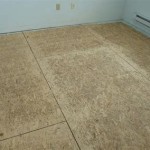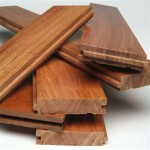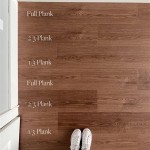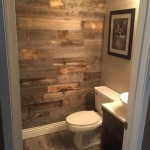Unveiling the Cost of Flooring Installation: A Comprehensive Guide
Installing new flooring can significantly enhance the aesthetic appeal and functionality of your home. However, before embarking on this project, it is crucial to understand the various factors that influence the cost, allowing you to budget wisely and avoid unexpected expenses.
1. Material Type and Quality:
The material you choose for your flooring is a primary determinant of its price. Luxury vinyl plank (LVP), laminate, hardwood, and tile flooring options vary widely in cost, with higher-quality materials commanding a premium. Consider the durability, moisture resistance, and aesthetic appeal of each option to make an informed decision.
2. Square Footage:
The square footage of the area to be floored directly correlates with the cost of installation. The larger the surface area, the higher the material and labor expenses. Accurate measurements ensure precise material estimates and cost calculations.
3. Subfloor Preparation:
The condition of the subfloor beneath your new flooring can impact the overall cost. If the subfloor requires leveling, repairs, or replacement, these additional steps can increase the installation fees. Ensure the subfloor is structurally sound and meets the manufacturer's specifications for proper floor installation.
4. Labor Costs:
The cost of labor varies depending on the complexity of the installation, the region, and the experience of the installer. Professional installers typically charge higher rates for intricate patterns, stair installations, or large-scale projects. It is advisable to obtain multiple quotes from reputable contractors to compare costs.
5. Removal and Disposal:
If your existing flooring needs to be removed before the new installation, this step will add to the overall cost. The type of flooring and the method of removal can affect the labor and disposal fees. It is important to factor in these expenses when budgeting for your flooring project.
6. Transitions and Moldings:
Transitions between different flooring materials or rooms and moldings along walls and baseboards can add to the cost of installation. The materials, quantity, and complexity of transitions and moldings can vary the expenses associated with this aspect of the project.
7. VAT and Other Taxes:
Depending on the location of the installation, value-added tax (VAT) or other local taxes may apply to the cost of materials and labor. It is essential to factor in these additional expenses when calculating the total project cost.
8. Hidden Costs:
Some unforeseen expenses may arise during the installation, such as unexpected subfloor issues or the need for additional materials. It is prudent to allocate a contingency fund of 10-15% of the estimated cost to cover potential hidden costs.
9. Warranties and Guarantees:
Consider flooring products with warranties or guarantees that cover defects in materials or installation. While this may increase the upfront cost, it can provide peace of mind and protect your investment in the long run.
10. DIY vs. Professional Installation:
Attempting a flooring installation yourself can save money on labor costs, but it requires proper preparation, tools, and expertise. If you do not have the necessary skills or time, entrusting the installation to a professional is highly recommended.

Unveiling Flooring Contractors Expenses Optimize Your Business

Unveiling The Best Hardwood Flooring S In Your Vicinity Find Now And Design

The Benefits To Professional Flooring Installation Dexter S Floors

Flooring Services Discover The Startup Costs

Comparative Costs Of Hardwood Flooring Carpet Installation And Design

Hardwood Flooring S And Design

Unveiling 2024 The Modern Flooring Trends Revolution And Design

Unveiling The Charm Of Red Oak Flooring Enhance Your Living Space Nature Wood Floors

Luxury Vinyl Flooring Pros And Cons Plank Guide Reallyfloors America S Est Hardwood

What Is Loose Lay Vinyl Flooring A Plank Guide Reallyfloors America S Est Hardwood
See Also







